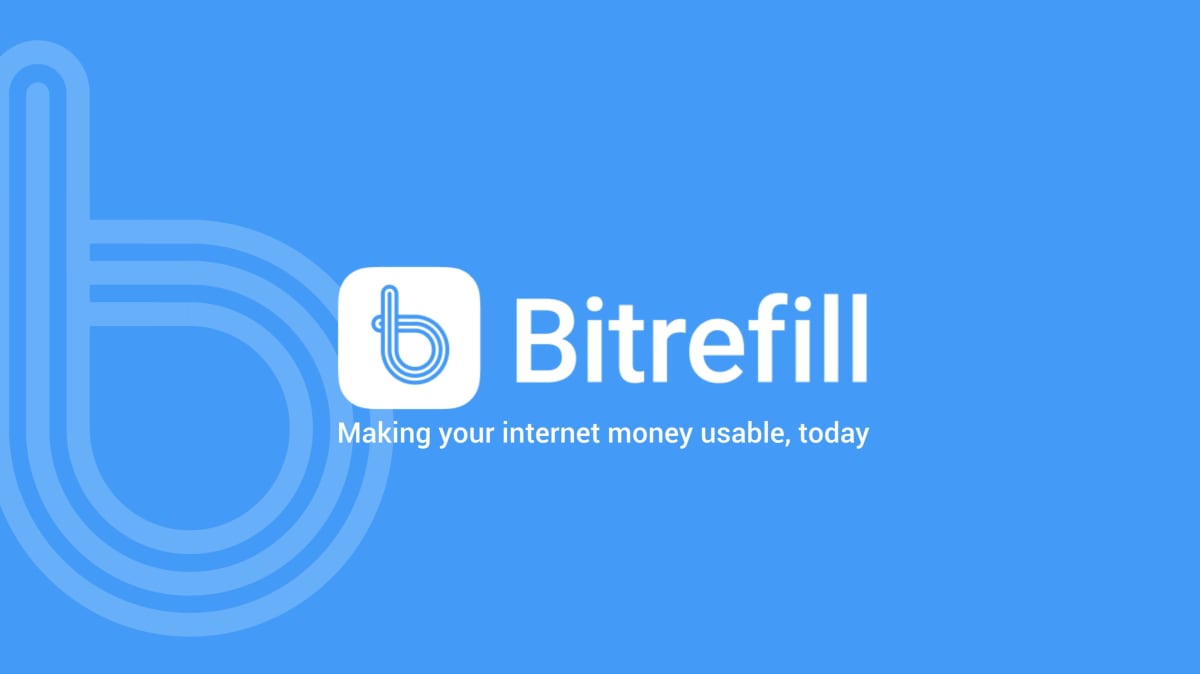Infrastructure Bill Seeks To Obligate People To Report Bitcoin Payments Of Over $10,000 To The IRS
The tax change would extend the IRS cash payments reporting requirements to bitcoin and cryptocurrencies.
According to Publication 1544 of the U.S. Internal Revenue Service (IRS), any person who receives more than $10,000 in cash in 12 months due to a trade or business must report it to the IRS and the Financial Crimes Enforcement Network (FinCEN) on Form 8300. However, the new Infrastructure Bill aims to extend that requirement to Bitcoin and other cryptocurrencies at large. If enacted, this legislation will require any U.S. person receiving over $10,000 in cryptocurrency to report the sender’s personal information, including Social Security Number (SSN), to the authorities.
The current demands are elicited by section 6050I and contemplate a reporting requirement for cash transactions above $10,000 received in a trade or business. Late, incomplete, inaccurate, or missing reports all result in penalties. Civil penalties for that section, which start at $25,000, can be imposed before a day in court. In contrast, “willful” violations of these reporting requirements in section 6050I entail maximum imprisonment of five years.
“Drug dealers and smugglers often use large cash payments to ‘launder’ money from illegal activities. The government can often trace this laundered money through the payments you report. Your compliance with these laws provides valuable information that can stop those who evade taxes and those who profit from the drug trade and other criminal activities,” publication 1544 said, regarding the reason why these reporting requirements exist.
Something that can often be neglected by such reasoning is the nature of illegal payments. People conducting illicit transactions, either by selling drugs or conducting other criminal activities, are the ones less likely to abide by these rules in the first place. And even though the receiver is responsible for reporting, hardly ever will someone engage in trade with criminals if they aren’t performing criminal activities themselves.
Additionally, as Michele Korver, chief digital currency advisor to the director of FinCEN, recently shared in a Department of Justice journal, “…as mainstream adoption of cryptocurrency has grown, the percentage of transactions used to promote or conceal crime has also decreased.”
But regardless of the disputed merits of surveillance to stop or prevent criminal activity, these reporting requirements are often difficult or impossible to abide by in the context of bitcoin transactions. Pseudonymous by nature, Bitcoin is also permissionless, and peers in the network do not have the necessary information to provide the IRS and the FinCEN. And even if they did, the probable consequences of such addition to the bill could be harsh. The privacy and thus the security of regular Americans would be at risk.
To a certain extent, these requirements are similar to know-your-customer (KYC) procedures used throughout the financial system. Third parties, usually financial intermediaries, often collect extensive amounts of data from their users to comply with the law. However, the long-term effectiveness and downstream consequences of these tactics are rarely discussed. KYC and similar strategies more often than not don’t deliver on their promises and end up increasing the attack surface for every single individual.
Furthermore, the extent to which the Infrastructure Bill seeks to regulate bitcoin and cryptocurrency transactions might backlash because, faced with the impossibility of reporting, people and businesses might be pushed away from engaging in such trades in the U.S. altogether — ultimately risking the country’s current leadership status in technology and finance. Innovation will naturally gravitate towards the places that welcome it the most.
——
For a more complete and detailed discussion of this recent addition to the infrastructure bill, please see Abraham Sutherland’s “The Proposal to Regulate Digital Asset Transactions Should Be Struck.”









